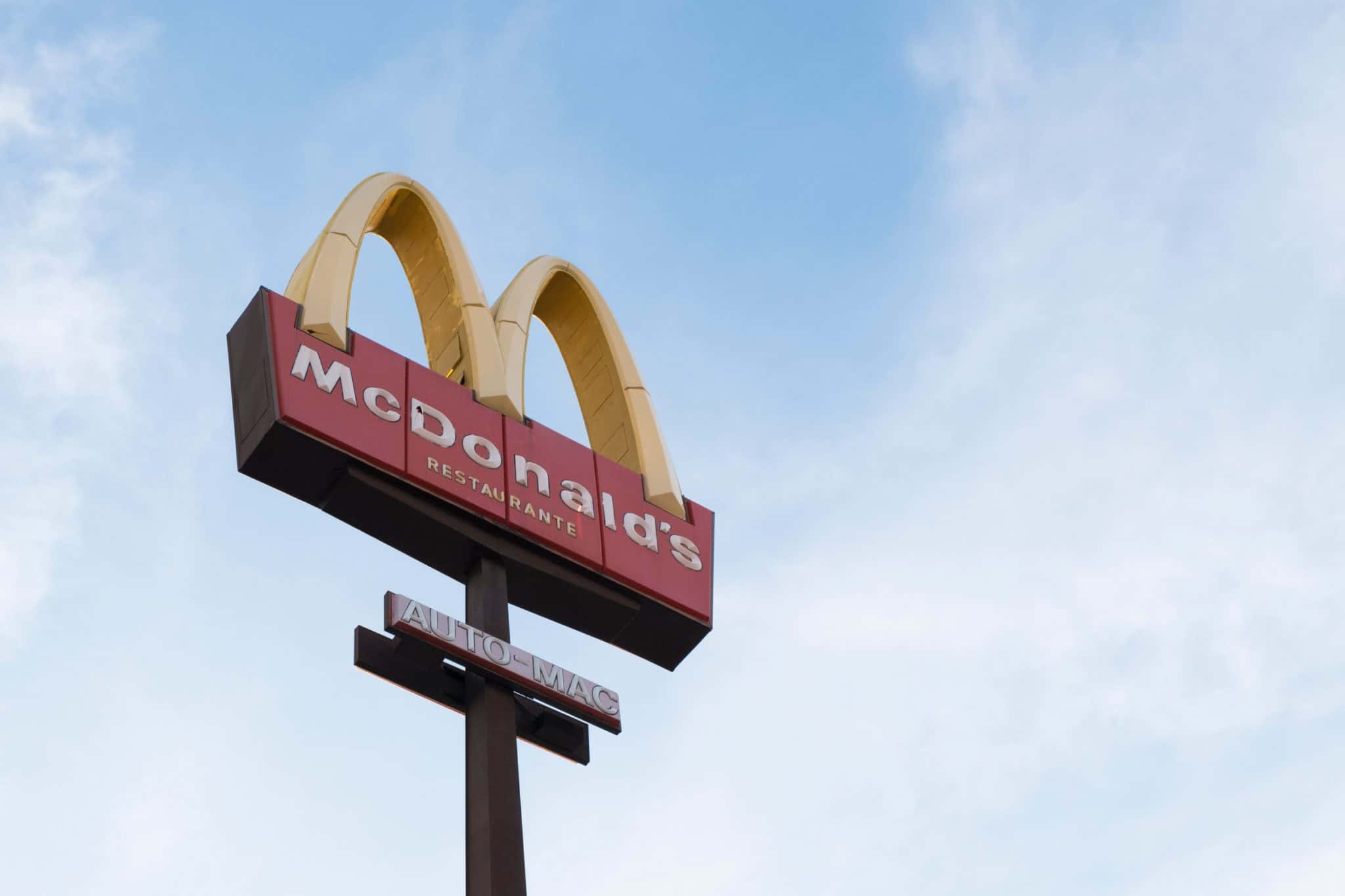Deanna Krokos is a student at Harvard Law School
17 workers in Chicago-area McDonald’s workers are suing the fast-food chain alleging that it did not do enough to protect them from violence at work. While 90% of McDonald’s stores are operated by franchisees, the suit casts blame on corporate, focusing on the way that corporate-dictated store design and training materials left workers vulnerable to physical attacks and harassment by customers. For example, the workers allege that the chain’s standard low countertops make it easy for customers to enter the kitchen and threaten or attack workers. A report by the Chicago Tribune recounts the story of a worker who was threatened with a gun, and her dismay that “people at the company I work for don’t do anything to protect us.” The workers also allege that the training materials provided to franchises fail to adequately train workers and managers on how to prevent or respond to customer violence. The claims echo a report published earlier this year by the National Employment Law Project that describes the shocking rates of violence in McDonald’s stores nation-wide, finding that “of the 721 media-covered incidents [in McDonald’s stores], guns were involved in 72 percent.”
Earlier this month, Alisha wrote about a sexual harassment lawsuit that similarly alleged that McDonald’s company-wide culture left workers vulnerable and without effective means of redress.
For the Harvard Law Review Blog, Annie argues that the Ninth Circuit’s recent opinion in NLRB v. IAB Local 229 is a bit of a wet firecracker. As Ryan explained last month, the case involved a First Amendment challenge to § 8(b)(4)(i)(B) of the National Labor Relations Act—a provision that prohibits unions from encouraging workers engage in “secondary strikes” against neutral employers. In holding that § 8(b)(4)(i)(B) is not subject to strict scrutiny, the panel relied on decades-old Supreme Court precedent without engaging with serious constitutional questions raised by intervening developments in First Amendment jurisprudence. The result is a somewhat frustrating circuit opinion that provides few clues about how the court will engage with upcoming challenges to union-speech restrictions.
This week, organizers working for the Pete Buttigieg campaign secured voluntary recognition of their union. The campaign voluntarily recognized the union, organized under IBEW Local 2321. This follows the successful efforts of organizers on the Sanders, Warren, Swalwell, Castro and Booker campaigns who have won unions this year.
With economic and workers’ issues at the forefront of conversations in the Democratic Primary, the International Brotherhood of Teamsters announced this week that they will hold a candidate forum in Iowa on December 7th. The forum will focus on the candidates’ plans for retirement security, union rights, and the labor issues implicated by their plans on international trade.






Daily News & Commentary
Start your day with our roundup of the latest labor developments. See all
June 30
Antidiscrimination scholars question McDonnell Douglas, George Washington University Hospital bargained in bad faith, and NY regulators defend LPA dispensary law.
June 29
In today’s news and commentary, Trump v. CASA restricts nationwide injunctions, a preliminary injunction continues to stop DOL from shutting down Job Corps, and the minimum wage is set to rise in multiple cities and states. On Friday, the Supreme Court held in Trump v. CASA that universal injunctions “likely exceed the equitable authority that […]
June 27
Labor's role in Zohran Mamdani's victory; DHS funding amendment aims to expand guest worker programs; COSELL submission deadline rapidly approaching
June 26
A district judge issues a preliminary injunction blocking agencies from implementing Trump’s executive order eliminating collective bargaining for federal workers; workers organize for the reinstatement of two doctors who were put on administrative leave after union activity; and Lamont vetoes unemployment benefits for striking workers.
June 25
Some circuits show less deference to NLRB; 3d Cir. affirms return to broader concerted activity definition; changes to federal workforce excluded from One Big Beautiful Bill.
June 24
In today’s news and commentary, the DOL proposes new wage and hour rules, Ford warns of EV battery manufacturing trouble, and California reaches an agreement to delay an in-person work mandate for state employees. The Trump Administration’s Department of Labor has advanced a series of proposals to update federal wage and hour rules. First, the […]